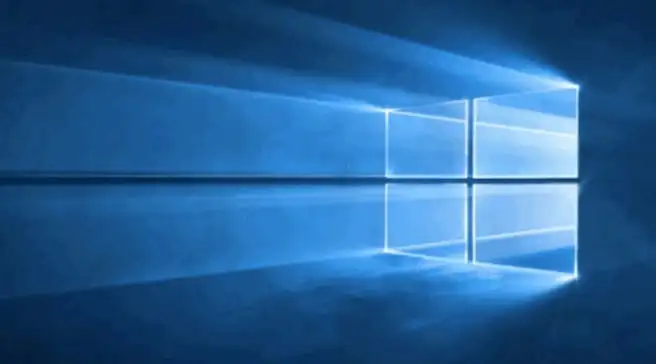Recent changes to the Microsoft Services Agreement regarding Windows 10 have kicked off a few worries about Microsoft being able to reach into your PC and switch off pirated games. Such dark sorcery probably would be concerning, but the truth is slightly more mundane.
For a start, as noted, the chances have been made to the Services Agreement. Not the End User License Agreement (EULA) as has been reported elsewhere.
Here’s the offending statement that got hearts aflutter:
“Sometimes you’ll need software updates to keep using the Services. We may automatically check your version of the software and download software updates or configuration changes, including those that prevent you from accessing the Services, playing counterfeit games, or using unauthorized hardware peripheral devices.”
Granted, that sounds pretty terrible. If it really had been in the EULA for Windows 10, it could raise all sorts of reasonable concerns about emulated games being flagged, or people being punished for pirating a game where they own the disc but have temporarily lost it in their attic or something.
However, because it’s from the Services Agreement, it’s specifically referring to cross-device things like streaming Xbox Live, or Office 365, or Microsoft’s own games catalogue (which will run through their Windows 10 games app). Still not great, but more like an extension of the system Microsoft already run on their Xbox systems, which tries to lock down any games it detects as pirated.
There’s little doubt that Microsoft’s approach to privacy in Windows 10 is something akin to having a giant data-pipe funnelling juicy tidbits back to their headquarters from all the people who’ve installed it. But this particular Service Agreement change doesn’t appear to do much to change that in either direction.







Published: Aug 17, 2015 11:12 pm